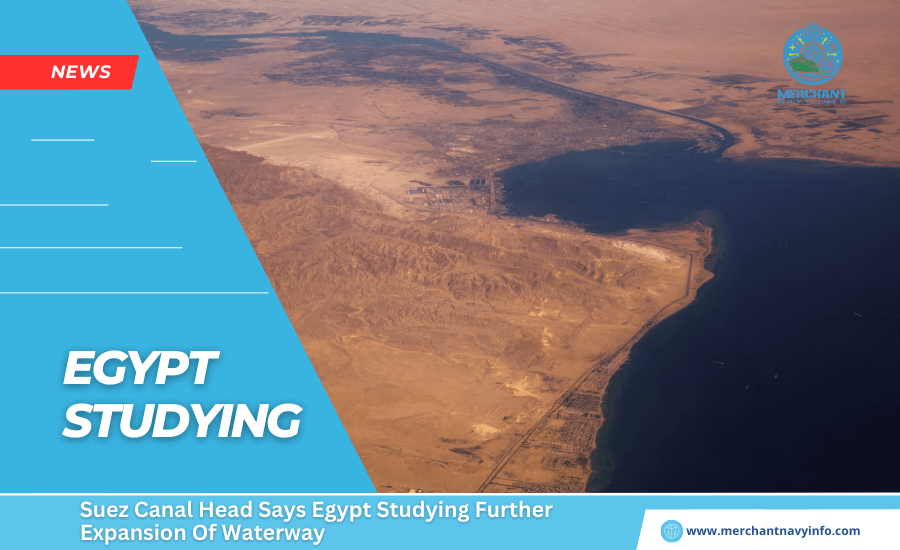
CAIRO, March 4 (Reuters)—Egypt is studying further expansions of the Suez Canal to extend and complete a second channel, the canal’s head said on Monday. This move could allow for higher volumes of shipping and prevent blockages from halting traffic.
The comments come as the Egypt canal is seeing a sharp fall in revenue. Due to shipping companies diverting away from the waterway. It is the shortest possible route between Europe and Asia. This is because of attacks by Houthi militants in Yemen against ships in the Red Sea.
Any new extension would be in addition to the existing work to extend the second channel by 10 kilometers. Also, a section of the canal must be deepened and widened.
That work was expedited after the Ever Given, a giant container ship, ran aground in a single-lane section of the canal in March 2021. This led to stopping traffic for six days.
The canal is a main source of insufficient foreign currency for Egypt, which is indebted. The country spent an estimated $8.2 billion on an expansion that opened in 2015, which included the creation of a 35-km (22-mile) parallel waterway.
Suez Canal Revenue Hits Record Despite Early Dip
Canal revenues have increased gradually but by less than officials had forecast. It has reached a record $9.4 billion in the financial year. In June 2023, the year is expected to end. At the beginning of this year, the Houthi attacks caused a dip of at least 40%. The Suez Canal Authority (SCA) Chairman, Osama Rabie, stated that initial studies for expansion will take around 16 months. These include feasibility, environmental studies, engineering studies, and soil and dredging research.
The SCA’s investment budget will fund the project, and government approvals will be necessary to proceed with it. The project aims to avoid putting any extra pressure on the state’s general budget.
Rabie said it could increase the competitiveness of the canal and allow it to take more and larger ships.
The 2015 canal expansion project is one of several mega-projects pursued under President Abdel Fattah al-Sisi. Critics say these projects have contributed to the foreign currency crunch and rising debt burden.









